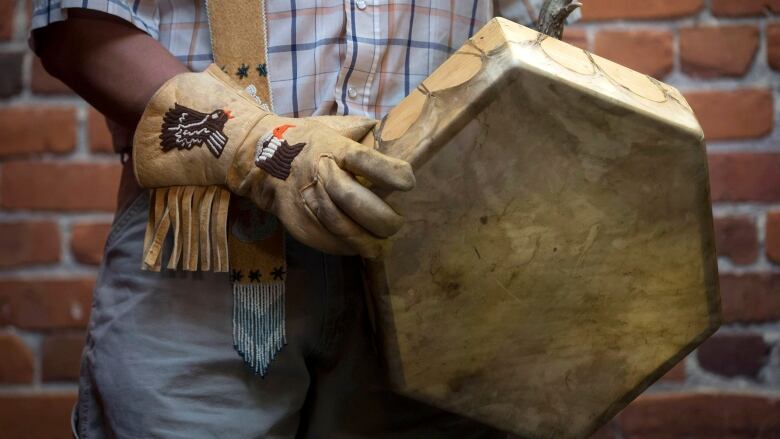B.C. Supreme Court set limits on recent First Nations victory
B.C. Supreme Court says governments must consult but not compelled to settle

First Nations have claimed a Supreme Court of Canada decision in the Tsilhqot'in land rights case gives them substantial powers, but a B.C. Supreme Court decision has set some limits.
The court decision released Wednesday says two First Nations suing the federal and provincial governments alleging breach of a 164-year-old treaty cannot force the governments to negotiate an end to the legal dispute.
- Supreme Court's Tsilhqot'in First Nation ruling a game-changer for all
- Supreme Court had 'no other choice' in landmark ruling: lawyer
The Songhees and Esquimalt nations went back to court claiming the Tsilhqot'in decision compels the government to negotiate with them to resolve the dispute and make a reasonable offer to settle.
Government lawyers argued that there was no duty to negotiate, especially where liability is in dispute and the Supreme Court of Canada ruling didn't require governments to offer a settlement.
Justice Keith Bracken agreed, ruling that the high court decision didn't create a new rule compelling negotiation of all aboriginal litigation, rather it said the Crown was required to consult and accommodate claims.
First Nations Summit Grand Chief Ed John told a conference of aboriginal leaders and politicians earlier this month that native bands don't want to go to court every time they claim aboriginal title.